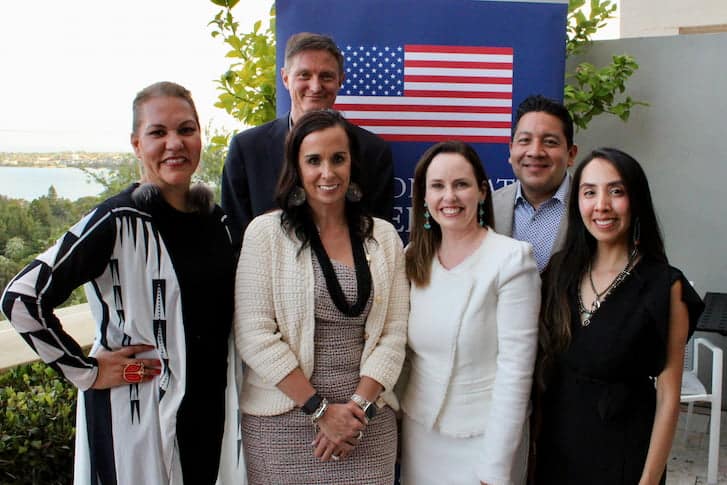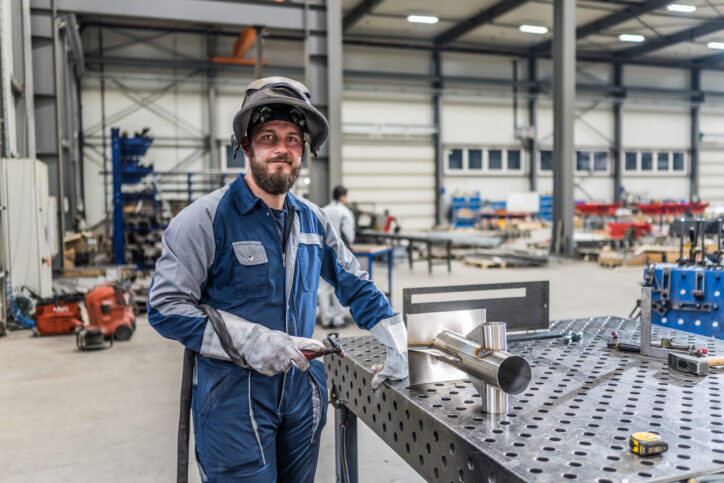Urgent calls to regulate the gig economy aren’t warranted because it represents about one per cent of adult workers, according to Craig Laundy, the Minister for Small and Family Business, the Workplace and Deregulation.
He told CCIWA’s IR conference last week that the future of work was an important topic and one that the Federal Government was grappling with.
Laundy said only 0.8 per cent of the workforce actually used digital platforms to obtain work on a regular basis. Half of all drivers using the Uber app do so for less than 10 hours a week and 70 per cent of people using Airtasker are doing less than five tasks a month, he said.
He said Australians needed ‘to see beyond the noise’ on this subject as it was vital for the nation, as a global competitor, to have new ways of enabling economic growth and job creation.
“It is important to explore the many benefits that new business models and flexible approaches can bring for both business and for people looking for work,” he said.
While it was important to protect people from exploitation, Laundy said it was also important not to stifle new technology-based business models with unnecessary red tape.
“I can advise you that, without a doubt, this Government and I are committed to making sensible and practical reforms to ensure that our workplace relations system works for all Australians.”
Fair Work Commissioner Bruce Williams also warned of being too overbearing when legislating for these new types of working relationships.
“To attempt to force new and different types of relationships into the same constraints that currently apply to employment relationships … there will be fundamental challenges in terms of whether this can practically work let alone whether it can be practically enforced,” he said.
“The better approach will be to accept the inherent difference in the new work relationships and … then tailor any legislation to deal with any concerns accordingly.”
WA Industrial Relations Commission Chief Commissioner Pamela Scott gave an overview of the rise and fall of unions throughout Australian history. She concluded that the individual may have grown in workplaces but the collective was still strong and powerful.
Other speakers included Uber manager of public policy and federal affairs Michael Carey and Unions WA Secretary Meredith Hammat.












